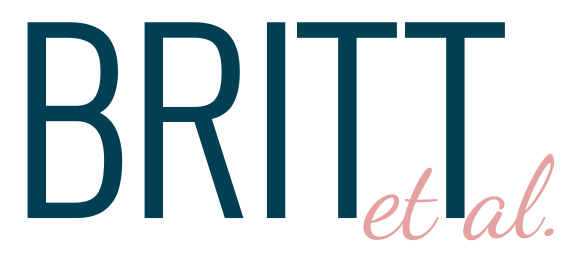Easy Ways to Improve Professional Communications: Speak with Confidence
Want to speak with confidence at work? Turn your question marks into periods to improve professional communications.
I mean it. Sometimes the journey from beginner to expert starts with a simple shift in punctuation.
Tips for speaking with confidence
Confidence in the workplace begins with trusting your gut and coming prepared to meetings and presentations. According to career writer Sarah Landrum, articulating statements as questions can impact how you’re received. Landrum says, “People ask questions when they’re missing information or want approval for an idea or decision.” To project confidence, maintain an even tone and ensure your voice doesn’t creep up at the end of your sentences.
Coming to meetings prepared and even practicing or writing out talking points before the conversation can help give you the boost you need to present your ideas as recommendations.
Why confidence matters
When you project confidence in yourself, others are more likely to perceive you as confident. A 1982 study found participants were more likely to rate confident individuals as more competent than those who were modest. A replication of this study, completed over 3 decades later, found the same results. If you project confidence, others are more likely to believe you.
We prefer recommendations from confident sources.
Speak with Confidence: An example
A few years ago, during a performance review, my bosses told me that I often asked questions when I really meant to make a recommendation. It was such a simple but staggering realization. With a small shift in my communication I could have a huge impact on how my work – and opinion – was received.
What I was saying: Do you think we should include a media analysis in the final report?
What I meant: I recommend including a media analysis in the final report.

I quickly noticed how SO many of my colleagues fell into the same trap. Like we were asking our colleagues to affirm our ideas rather than support them. And the reality is, whether we proposed our ideas as questions or statements didn’t really impact the discussion. Our bosses would still counsel us against things that were bad ideas or say “yes” to our question if our ideas were sound. The only thing that changed was how we were perceived – our level of confidence and expertise.
A Disclaimer: Sometimes it’s okay to ask questions
It is – of course – okay to ask questions and you should certainly ask for permission or guidance when doing something out of your comfort zone or something with which you’re unfamiliar. However, when something is in your range of knowledge, making a statement rather than asking a question can elevate your role in the conversation and even enhance your position in the company.
It starts with how we view ourselves (I have the knowledge and experience to make this recommendation) and can dramatically impact how others see you (you are confident, experienced, and have an opinion to which they want to listen).
This post is part of a series on how to improve your professional communication. Be sure to check out my first post about when and how to remove “sorry” from your professional vocabulary.


